In 2024, the eighth annual World Circular Economy Forum brought the world’s top circularity experts to Brussels, Belgium. The forum is one of the most important global circular economy events and reminded decision-makers that the circular economy must stay on the regulatory agenda in this super year of political elections.
Highlighting solutions to tackle our societies’ over-dependence on natural resources, the forum emphasised the circular economy as a key source of future well-being and the premier post-fossil fuel investment frontier. Overconsumption in high-income economies was thoroughly explored, as thus far development of well-being has been strongly based on the ever-growing use of virgin natural resources. A strong focus on circularity is now needed, as the foundations of well-being are eroding.
Throughout the programme, the speakers reminded the audience that a circular economy can only be achieved through global collaboration, harmonised policies and standards, streamlined financing instruments and by supporting frontrunner businesses. Louder than ever, more speakers and participants called for a socially just transition. We also heard, for the first time, how the circular transition poses certain risks – but also opportunities – for global peacebuilding efforts.
The forum gathered circular economy professionals to collaborate and hear the latest circularity news. Some of the topics discussed during the forum included finance, the built environment and a bioeconomy. WCEF2024 focused on how to turn ideas into concrete actions, drawing inspiration from circular businesses as well as regional and local examples.
As a new element, this year’s edition provided partner-led workshops that dived deeper into the forum themes and gave an opportunity for the participants to contribute hands-on. Workshops were “sold out” fast, showing how eager people are to roll up their sleeves and get from visions to actions.
As the forum was held in the EU capital Brussels, WCEF2024 joined forces with the European Circular Economy Stakeholder Conference 2024, which brought to the forum a dedicated track showcasing Europe’s progress. In addition, the Belgian EU presidency team offered a full day’s programme including site visits to circular economy companies in Brussels, Flanders and Wallonia.
On 15 and 16 April, altogether 160 speakers from around the world shared their insights and experience across 20 sessions guided by the latest scientific evidence. Between the main event sessions, our partners hosted 11 workshops and 42 organisations shared their solutions at the WCEF2024 expo. And on 17 and 18 April, our collaborators hosted a total of 55 accelerator sessions delving deeper into the daily work in Brussels and online.
WCEF2024 gathered 1,531 people in Brussels and gained more than 9,800 views online. Attendees from 168 countries participated in the main event.
The World Circular Economy Forum 2024 was organised by the Finnish Innovation Fund Sitra, the International Resource Panel (IRP) and Circle Economy Foundation, in collaboration with 22 international partners, 42 expo stand hosts and a plenitude of international collaborators.
Results from WCEF2024
Several reports, tools and calls to action were launched at the forum. Most notable were the major partnerships to advance circularity globally, with the European Commission in a key role. Some highlights include:
- The European Commission announced 55-million-euro investments in two initiatives aimed at advancing circularity globally:
- €15M for a new EU Circular Economy Resource Centre, designed with Sitra, the Belgian development agency Enabel and the Finnish Ministry for Foreign Affairs.
- €40M over five years to SWITCH to Circular Economy in East and Southern Africa programme.
- Multilateral Development Banks (WB, ADB, EIB and EBRD) published their shared vision for a circular economy.
- Sitra published a list of Europe’s top 30 circular solutions for nature and a handbook for businesses “Circular solutions for nature”.
- WBCSD published Circular Transition Indicators (CTI) with sector guidance for electronic devices.
- The Coordination Group of the European Circular Economy Stakeholder Platform (ECESP) published a Circular Economy Joint Declaration 2024.
- CSTEP and ICCE published a White Paper “Growing the circular bioeconomy”, with a focus on the Global South.
- Yunus Environment Hub published a new course “CirculaRise” to link environmental and social impact through circular economy and just transition strategies.
- ICCE published a Manifesto of the Global South Centre on Circular Economy, hosted by India and supported by partners.
- Consumers International published a study on motivations.
- ICLEI published the “Circular Cities Declaration Report 2024”.
- Circular Buildings Coalition published a report “Towards a circular economy in the built environment”.
- OECD launched a Policy Paper “Extended Producer Responsibility: Basic facts and key principles”.
- a White Paper “Policy development in the Nordic countries” with a comparative study of the political and regulatory state of each country in regard to circular economy development.
- OECD published two reports featuring Circular Cities and Regions Initiative’s fellow cities and regions: the Strasbourg Metropole Report and Zuid Holland Report.
- The EIB launched new resources and announced the continuation of the Circular City Centre – C3 programme with EU advisory support to help cities in their circular economy transition.
- Holland Circular Hotspot shared inspiring best practices.
- Sitra shared experiences from piloting digital product passports.
- Global Alliance on Circular Economy and Resource Efficiency (GACERE) launched a policy brief ”Circular Design of Plastic Products”.
- UNECE shared their tools for making products traceable via block chain.
- The EU presented results from the ORIENTING project including a toolbox for operationalising life cycle sustainability assessments. The toolbox is aimed to help organisations in decision-making on their path toward a circular economy.
- The Belgian EU presidency team shared their reports and presentations on systemic innovation, procuring change, repair and manufacturing, reuse of plastics, information flows, circular hubs, the circular batteries industry and the circular built environment.
- The EU shared their commitments to actions promoting a circular economy transition, including a map of EU actions contributing to the implementation of the African Union Circular Economy Action Plan.
The forum also offered sneak peeks to upcoming reports that will be released shortly:
- UNIDO and Chatham House showed initial results of their 1st study on national circular economy road maps.
- EMF will include feedback received during the forum on the final version of their upcoming report “Building prosperity: unlocking the potential of a nature-positive, circular economy for Europe” due for publication this summer.
- Yunus Environment Hub shared initial findings from the upcoming report “Just transition in waste management and circular economy” commissioned by GIZ GmbH.
- Zero Waste Scotland will produce a follow-up report to summarise the discussions from four roundtables on governance, enabling policy, capacity building and finance. The report will also showcase how cities around the world are overcoming challenges and driving the circular economy.
- The Circular Economy Coalition validated at the forum their “Circularity4All Food & Feed First Hierarchy” aimed to support a communication of priorities in the Global North and South.
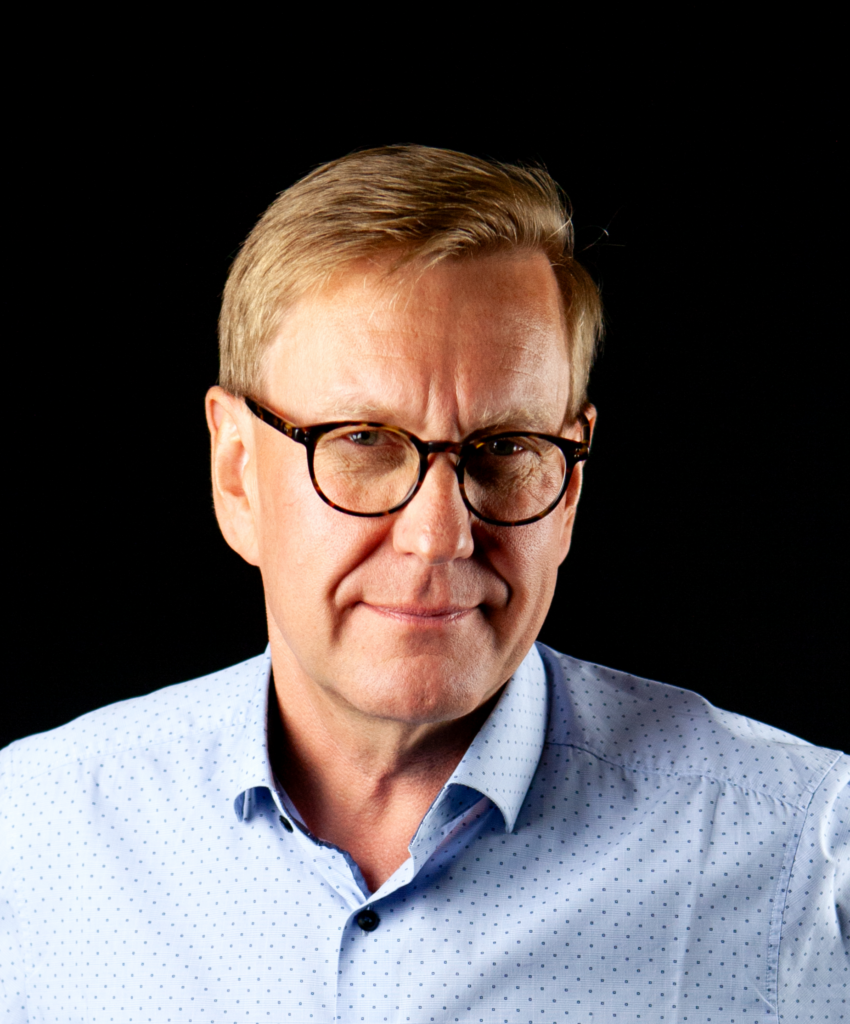
The transition to a circular economy is not happening fast enough. We need to implement policies that genuinely extend the lifecycles of products and adopt business models that increase utilisation rates and recover critical raw materials.
Latest science proves need for urgent action
This year, the forum’s programme was strongly based on the latest economic research and environmental science. The International Resource Panel released their flagship report Global resources outlook 2024 (GRO2024) just in time for WCEF2024. Similarly, the Circle Economy Foundation’s newest Circularity gap report 2024 (CGR2024) came out in January. Both studies detail how the world currently produces and uses resources, as well as the advances made to turn our economic systems from linear to circular.
GRO2024 states that the most resource-intensive sectors are the built environment and mobility, followed by the food and energy systems. Together, these four systems account for 90% of global resource demand. The uncomfortable fact is that wealthy countries have contributed to and benefitted most from this resource use, often at the expense of poorer but material-richer countries. The new report invites us to rethink what it means to live sufficiently in all economies and to make decisions that benefit the well-being of all – including future generations.
Historically, efforts to limit the negative impacts of linear economic activities have been neither quickly implemented nor adequate in scope. Both climate crisis and biodiversity loss are increasing each year. However, the good news that GRO2024 delivers is that well-planned and implemented policy actions can still grow our economies and improve our well-being while reducing negative environmental impacts. For example, resource efficiency improvements can cut global natural resources use by two-thirds compared to the current trend.
The CGR2024, on the other hand, offers practical guidance on how to accelerate the circular transition by unlocking financing, setting bold policies and re-skilling people for the circular economy. Importantly, it highlights that economies at different stages of development need to apply different types of circular actions. Affluent countries with high consumption must focus on reducing their material and environmental footprints. Lower-income countries still struggle to provide for people’s basic needs and must therefore use more materials to improve the standard of living.
To emphasise what these important messages mean in practice, the WCEF2024 programme focused especially on the most resource-guzzling provisioning systems, which are sets of related elements that work together to transform resources to satisfy human needs. The discussions were targeted around governance, finance, business and employment opportunities. Unblocking barriers across these key leverage points will help us optimise the delivery of human and planetary health in a circular and resource efficient way.
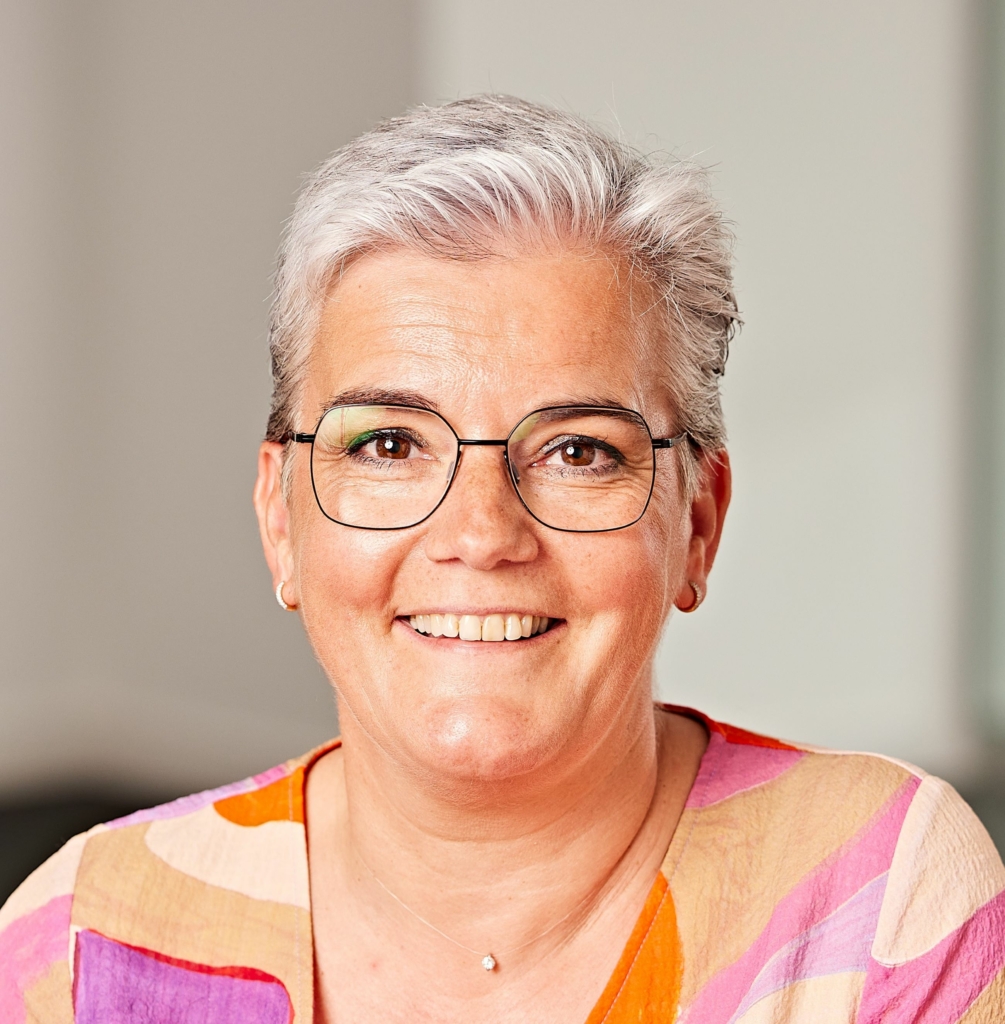
We need governments and policymakers to create capability and demand with funding, policies and frameworks like the Critical Raw Materials Act.
Doing it together: Global collaboration and partnerships
Throughout the forum, experts emphasised that the transition towards circularity is a global necessity. The circular economy exceeds geographic boundaries, demanding collaboration among nations, organisations and stakeholders from diverse backgrounds.
Change does not happen alone. A theme that emerged continuously during the forum was the need for partnerships to succeed in transitioning to more circular lifestyles. For governments, it is crucial to collaborate in creating better policies and regulations for re-using recycled materials in products, especially in the Global South. SMEs, local actors and citizens must also be involved. The need for multinational cooperation, international standards and harmonised regulations was emphasised.
The European Union wants to thrive in the circular economy, but can’t do this without global partners. Strengthening bilateral and multilateral cooperation within the circular economy is essential to lead the global transition. To scale solutions, all relevant parties need to gather around the same table.
Collaboration among policymakers, financial institutions and industries is a necessity. From business and government representatives alike, we heard a common thread: the importance of information exchange and cooperation, breaking down the political and financial barriers to the circular economy, ensuring that the rules of the game are the same, and creating a system where the circular economy becomes the norm.
The forum gave a new angle to looking at global collaboration: it is also about promoting peace. A circular economy that keeps products and materials in use and reduces the demand for primary materials is an important solution to reduce and pre-empt conflicts over resources.
For the first time, WCEF2024 hosted a plenary examining how to navigate the circular transition in an increasingly unstable world, marked by both physical conflicts and conflicts of interest between highly developed and industrialised nations (generally, the “Global North”) and countries looking to achieve similar growth trajectories (the “Global South”). Experts at several sessions highlighted the fact that resource-rich Global South countries are at a disadvantage in the global production value chains. Today, high-value minerals are still exported from the Global South for the green energy transition in the North.
Suggestions to improve this unfair situation include finding ways to increase value addition at the local level. This can be processing raw materials and creating high-value products locally, instead of processing and manufacturing in the Global North, as well as ensuring that waste streams are upcycled. To reach a fair and sustainable circular world, developed economies need to realise the potential of the Global South’s local capacities and learn from their expertise.

No one can predict the future, but that does not stop us from impacting it. It is possible to make circularity the next megatrend.
Actions taken by the Global South
Countries in the Global North have made significant strides in implementing the circular economy while countries in the Global South are primarily in the initial stages of drafting their first circular economy strategies. Despite these differences, the advancement of circularity on a global scale necessitates cooperation and understanding among all countries. An example of such collaboration is the upcoming European Union Circular Economy Resource Centre, which demonstrates how support can be extended across borders.
Alongside a strong European perspective, WCEF2024 also presented many advances made by the Global South. Genuine meaningful global collaboration has a major role to play. For example, a shared vision on circularity between the European Union and China has fostered a collaborative framework aimed at knowledge exchange and policy alignment to accelerate the transition towards sustainable, resource-efficient economies. Both recognise the urgency of making a difference and the partnership is working to tackle plastic pollution and promote circular economy practices globally. For instance, business representatives urged the governments to follow Europe’s example and allow the use of recycled PET for food contact materials.
An increasing number of governments in the Global South have been implementing the circular economy into their agendas. Brazil has put a circular economy strategy in the heart of their G20 presidency, and a national policy and strategy on the circular economy is also under development, focusing on social, economic and ecological sustainability.
India presented insights to their approach to circularity and the bioeconomy. Around 50% of municipal waste is organic, and waste generation is expected to double by 2030. The government has taken an active role, setting strict targets for renewable energy, encouraging the production of biogas and other high-value products, and replacing fossil fuels in cooking. Indian decision-makers are working to empower women and people in rural areas.
Policies towards a circular transition are also underway in South Africa where the transition to low-carbon and climate-resilient communities has been raised in the middle of their national development plan, with initiatives focusing on mining, municipal waste management and keeping materials in the value chain. In Africa, businesses help to promote the circular economy in their regions. For example, Buenassa, a business in the Democratic Republic of Congo, strives to conduct more environmentally friendly mining operations, focusing on partnerships with local suppliers and ensuring a just energy transition.
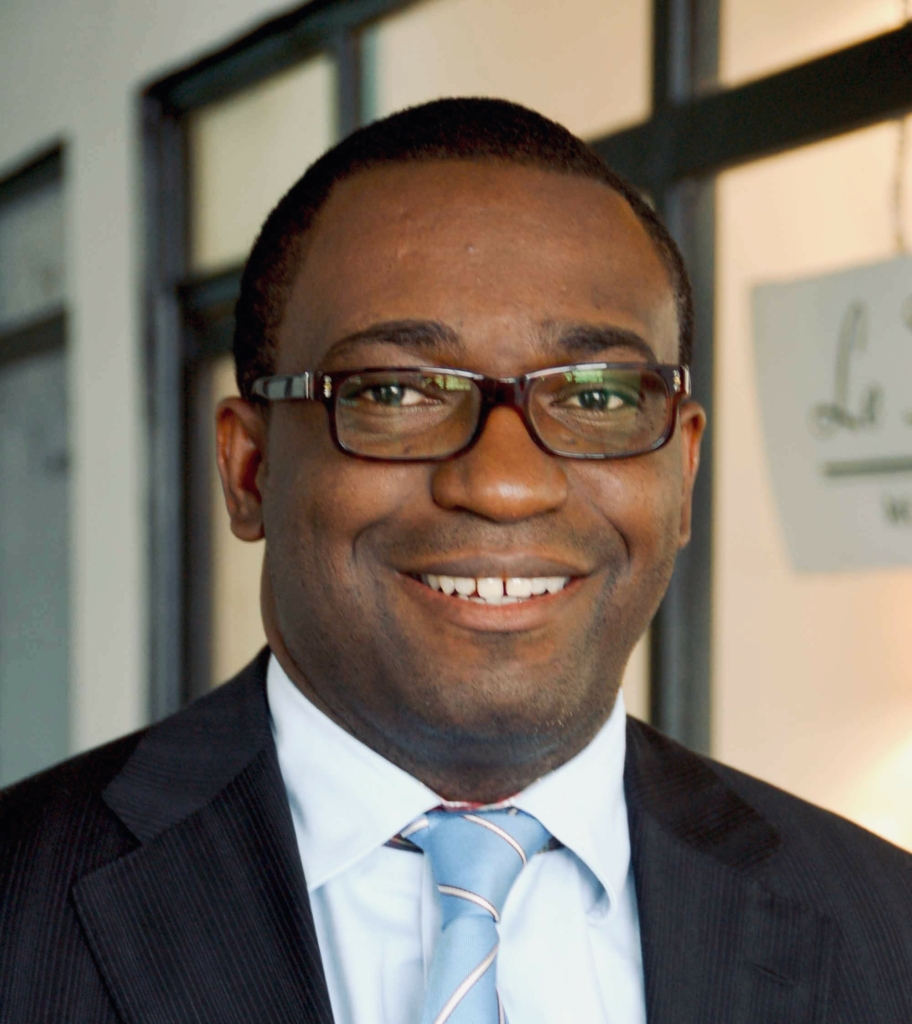
The energy transitions cannot be Global North against the Global South, but a collaboration between all of us.
The European Circular Economy Stakeholder Conference 2024
Just as collaboration is key to implementing the circular economy, it is also key to how the World Circular Economy Forum is created. This year, WCEF joined forces with the European Circular Economy Stakeholder Conference 2024 (ECESC) and dedicated four parallel sessions and one workshop to showcase Europe’s circular economy development. The European sessions highlighted the following:
- EU legislative efforts need to be implemented on the ground.
- The circular economy has the potential to increase competitiveness while protecting the environment.
- To ensure compliance and a just transition, it is important for all parties to communicate: policymakers, businesses and local structures.
- European businesses must evolve to meet new regulations, but this also spurs global change and improved international value chains.
- Multinational cooperation should address how countries are on different stages of the transition.
- We must envision alternative futures, have frank conversations on systemic flaws and include youth in the debate and decision-making.
Benefits and limitations of a local focus
The transition to a circular economy needs action on all levels of society: local, regional, national and global. While the World Circular Economy Forum strives to foster this global shift, the discussions this year reiterated the significance of smaller, grassroots activities alongside the attainment of global accords through intricate negotiations.
Testimonies from both the private and public sectors underscored the urgency of individual entities to adopt circular and nature-preserving practices, even in the absence of ideal overarching conditions. Notably in the private sector, it is acknowledged that while small businesses may lack the resources to meet sustainability standards, their agility allows for swift operational changes. Successful SMEs have the potential to catalyse broader change. Similarly, in the public sector, cities—representing smaller local regions—possess a closer connection to their inhabitants and the environment, enabling a deeper understanding of the needs of both citizens and businesses.
Cities and regions are at different stages of development, grappling with the need for support as they navigate the significant, transformative changes. Focal points to foster development include the following:
- Investment in these changes is becoming increasingly vital for the future, and it is imperative that all sectors foster circularity at various levels.
- Upcoming EU legislation is expected to bring changes, impacting suppliers based on their geographic location and local legal frameworks.
- Local level access to EU projects has been identified as challenging, particularly in meeting criteria such as innovation.
- Public procurement instruments are perceived as complex by the private sector and local municipalities, which hinders support for local economies.
- Collaboration between public and private sectors is essential in developing cities that meet the communities’ needs and embody circular ambitions.
- Incorporating local knowledge is paramount in the planning process, as it brings a wealth of context-specific insights that are crucial for the success of circular economy initiatives.
- Coordinating efforts across different areas remains a challenge, highlighting the importance of understanding governance at multiple levels: national, regional and local.
The interplay between global decisions and local governance was a key discussion point at the forum. Urban planning and construction were identified as pivotal sectors, aligning with the GRO2024 report. The built environment was promoted as a platform to demonstrate how nature-positive, circular strategies can yield economic benefits for individuals, businesses and society.
Experts at WCEF2024 cautioned that focusing solely on regional efforts is insufficient for achieving global circularity across the sectors. Jonas Dreger of Apple highlighted the limitations of viewing the circular economy as a national or regional concept, pointing out that such an approach would not leverage economies of scale. The discussions advocated for a broader system that facilitates the movement of materials across sectors, business boundaries and international borders for recycling and reuse. This shift raises questions about multinational trade agreements and the politics of national resource security.
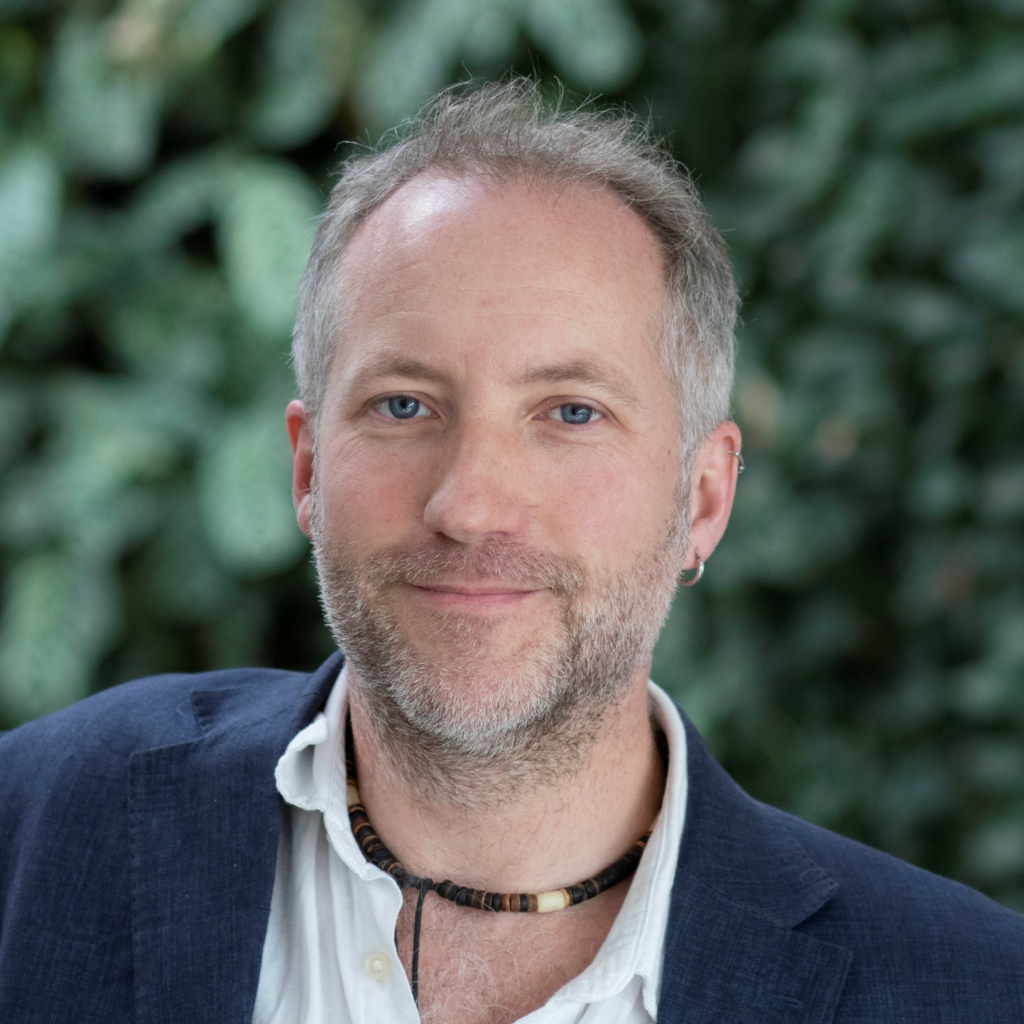
You shouldn’t wait until everything is clear before acting. Those that are acting now using whichever framework they choose will be better positioned to respond, when regulation starts coming in.
Policy and profit: friends or enemies?
Private companies play a critical role in the circular transition, but their goals do not always align with public policy. Many experts at the forum explored this relationship between the public and private sectors and how they must work together to achieve a sustainable society.
Recently, public procurement and policy have been underscored as pivotal elements in fostering circular business models. The influence of legislation on business operations is significant, especially within the framework of the European Union’s environmental policies. There was a consensus that ambition must remain high in setting international standards and tightening regulations.
This approach should be complemented by a supportive framework for SMEs to facilitate a fair transition towards sustainability. It was argued at WCEF2024 that there is a strong business case for circular SMEs on the African continent. Small businesses and startups play a key role in showing the way, and that’s why early phase funding and investments are needed. Only then we can scale up innovations.
Policymakers should focus on creating more coherent and impactful standards, regulations and taxation, such as higher waste taxes, to support circular practices. Many policies focus on supply, so this should be complemented with demand side policies including resource efficiency.
Experts on European policy at the forum stressed that the emerging legislation aimed at normalising sustainable products within the EU is not intended to act as a trade barrier against producers and exporters from other countries. On the contrary, these laws are expected to yield positive environmental and economic impacts in non-EU countries by promoting sustainable practices. Overall, the upcoming EU legislations were viewed positively, with a general support for the direction Europe is taking. While the legal framework was recognised as a vital factor, it can either facilitate or impede sustainability efforts among suppliers.
Many businesspeople at the forum complained of confusing and restrictive policies and called for the harmonisation of standards, metrics and definitions. For instance, this would allow meaningful comparisons in sustainability reporting and support actions to improve performance. Additionally, there is a demand for an environmental, social and governance (ESG) standard that aligns with existing policy frameworks. Standards that are scalable and applicable to both large corporations and SMEs are deemed essential. The social aspect, often qualitative, needs to be measurable and transparent.
The Global E-waste Monitor 2024, released just before WCEF2024, highlights the critical role of legislation in improving e-waste recycling rates. According to the report, approximately 62 million tonnes of e-waste are generated annually, with a recycling rate of only 22%. Experts at the forum acknowledged the associated challenges, particularly the restrictions on cross-border movements. The 2025 Basel e-waste amendment is anticipated to be a significant step in addressing these challenges.

Defining quantified science-based targets enhance predictability, generates a common investment focus and can make markets shift.
Keeping youth engaged and involved
It is imperative to have young people meaningfully involved in the circular transition, even though it is challenging. Young people tend to be in junior positions professionally and may not have the financial resources to participate in events such as WCEF. Organisations must invest in facilitating youth participation, fostering diverse perspectives at forums and decision-making tables.
Unlike at WCEF2023, where young voices resonated throughout the forum, this time their presence on stage was notably scarce. Engaging youth is not just a desirable goal—it is essential for our collective future. Bringing youth voices into the discussion and offering meaningful ways to participate are keys to ensuring our youth have the skills to navigate towards a truly circular future.
During the WCEF2024, the questions from youth delegates from around the world injected life into the panel discussions and brought fresh perspectives to the dialogues. Their questions forced the panellists to think outside box and to re-evaluate their assumptions. The questions addressed youth participation, but also their concerns about the future of our planet, biodiversity loss, material depletion and a fair transition.
For instance, Mai, a journalist from Thailand, challenged an expert panel with a concrete question: in Bangkok, 80 million plastic bags are used per day. Which corrective action would you prioritise: changing street food vendors’ behaviour of offering excess bags or changing the customers’ acceptance and demand – and how? Not an easy question, but certainly one to provoke thoughts.
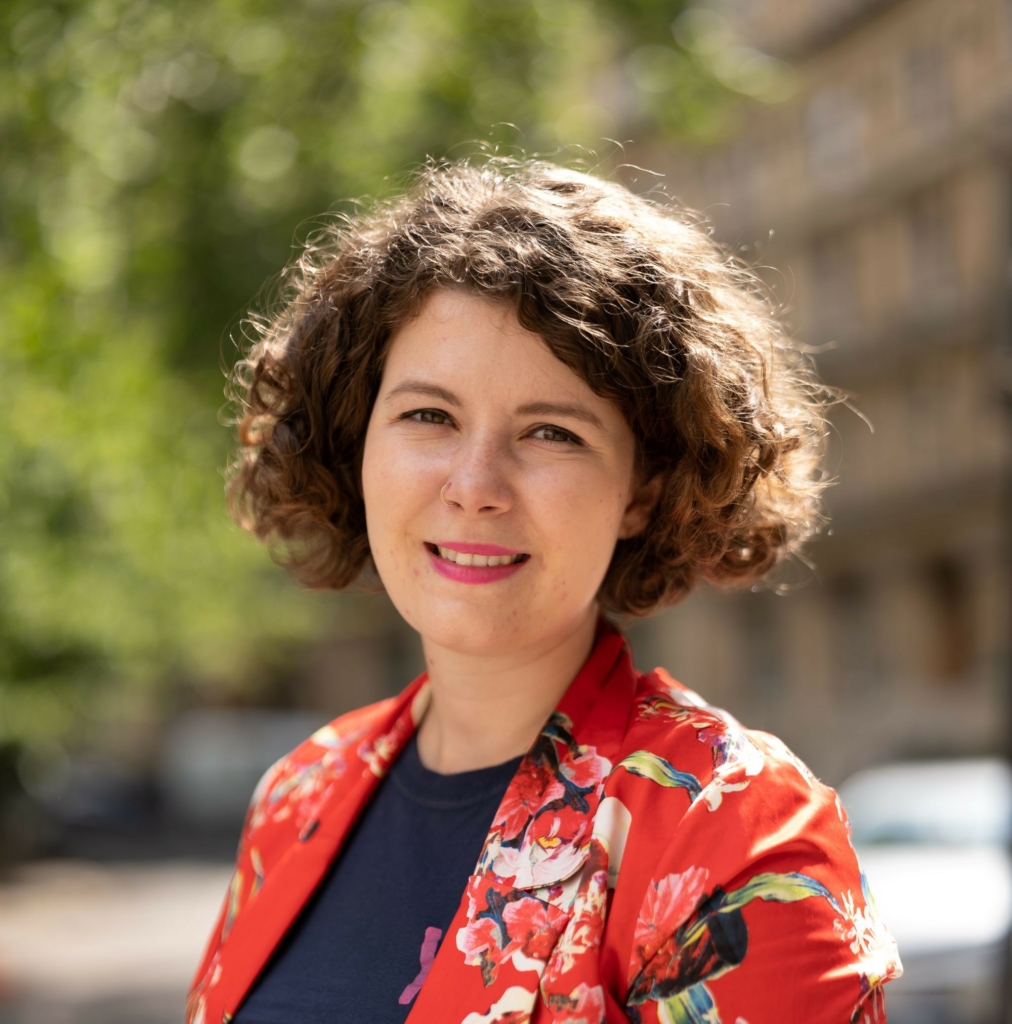
We need really frank conversations about where things are going horribly wrong and where some of that discomfort is.
All need to develop circular skills
The transition towards a circular economy must be fair and just, ensuring that the resulting jobs are not only plentiful but also of high quality. Experts at the forum brought up that we cannot afford to view the well-being of individuals as an afterthought once policy decisions have been made; rather, it must be a foundational consideration. In Rwanda, the intentional placement of women and youth at the centre of the circular economy plan exemplifies a strategic approach towards inclusive development. Indigenous peoples also bring valuable insight, philosophies, knowledge and skills.
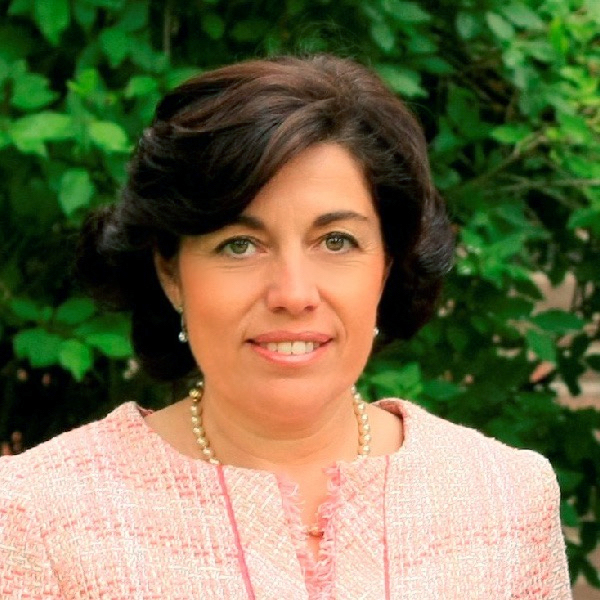
Investors are not very trained on evaluating circular economy projects and consider that they have more risks and lower returns.
The bioeconomy plays a major role in circularity
A circular bioeconomy will be a theme of WCEF2025 in Brazil, but it was also a recurring topic this year. Experts at the forum explained a bioeconomy is not by nature circular, so circular thinking needs to be applied to the concept. That, however, requires effort.
According to the Circularity Gap Report 2023 on Latin America, one third of biological resources from the region are exported. Inequalities could be reduced by adding more value locally, such as by creating high value products from extracted biomass and ensuring that side streams are upcycled.
By leveraging local resources and innovative technologies, Latin American nations are not only addressing waste management challenges but also creating economic opportunities and enhancing sustainability. For instance, in recent years Guatemala has made significant strides in advancing their circular economy agenda, focusing on waste management and emissions reduction. However, there is a notable absence of regulations to guide this transition. It was encouraging to hear that a collaboration between university, government and municipalities have provided results in finding a common thread regarding circularity in the country.
The bioeconomy also inspires innovative circular solutions that maximise resource efficiency, minimise waste and promote regenerative practices. From sustainable agriculture to biomimicry-inspired designs, the bioeconomy fosters creativity and resilience. Great examples were presented from Serbia at the forum in sessions and at the expo. For instance, biochar can improve agricultural yields and reduce carbon emissions without harmful chemicals. It is a charcoal-like substance made from burning biomass such as agricultural and forestry waste. It neutralises soil acidity and improves soil porosity, encouraging a healthy microbial ecosystem as well as the retention of water and nutrients.
Another practical example is to use black soldier fly larvae. With one tonne of clean bio-waste, you can produce 200kg of fresh larvae as a protein source for animal feed and get 400kg of nutritious fertiliser to improve the soil quality.
Regenerative food production was seen as a key to circular food systems. It can be realised through practices that bring positive outcomes for nature on agricultural land, and through the preservation of existing ecosystems.
The potential for growth in the bioeconomy sector is immense but requires North-South collaboration, investments, encouraging regulations and a shift in societal attitudes.
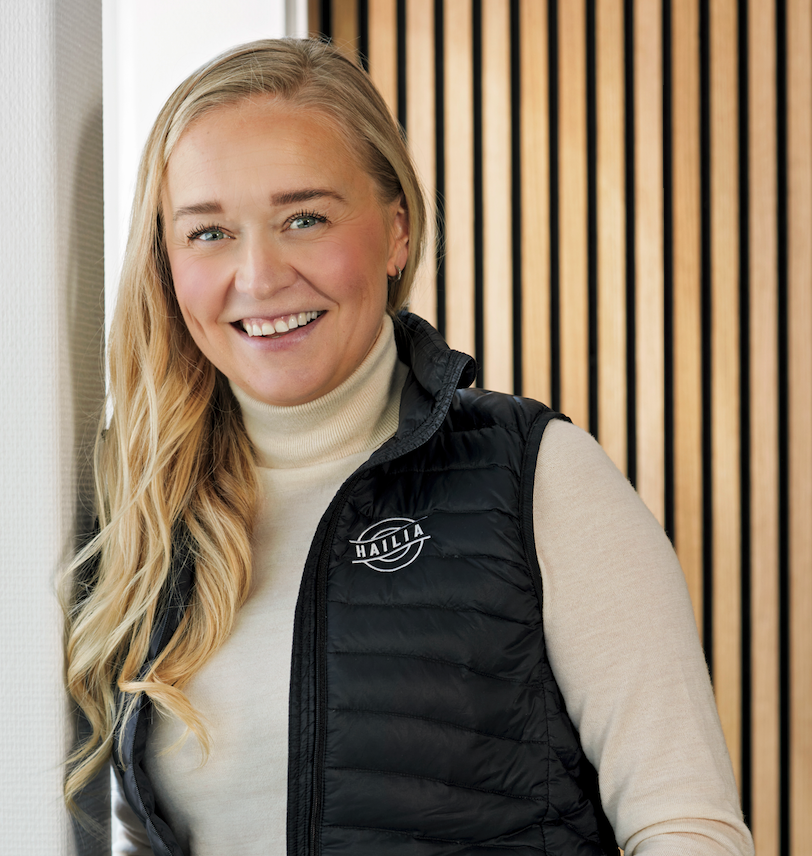
The current utilisation of seafood is highly inefficient. This needs to change with the global demand for seafood set to double by 2050. We acknowledge the risks linked to sustainability and biodiversity.
Mindset shift and futures thinking
In the history of the forum, we have heard repeatedly about the problems of the linear economy and the business-as-usual mentality. Now, science has shown us the path we need to follow, and we need to remove roadblocks and capitalise on opportunities. Easier said than done though: how do we make the shift from passive proponents of circularity into active change makers?
One way to start is to get familiar with futures thinking. In the week leading up to the forum, more than 100 WCEF participants joined a futures simulation. They got to experience one possible future: a national circular lifestyle experiment in 2027, which reduced each person’s possessions to 100 items with the aim of living a more service-based lifestyle. They learned of the challenges of such a lifestyle but realised fewer things could lead to a higher quality of life.
The closing plenary also invited participants to reinforce the positive changes already happening around them, to challenge assumptions that keep us locked in comfortable customs, and to tell new stories about the future. Circularity professionals may already be too familiar with the phrase “you cannot change what you don’t measure”, but isn’t it also true that we cannot achieve what we don’t imagine?
Next stop: São Paulo, Brazil
In 2025, the forum will take up a whole new region: Latin America! The continent will host both climate and biodiversity negotiations in 2024 and 2025, offering an opportunity to strengthen global collaboration and get businesses onboard to build a circular economy future.
WCEF2025 will be hosted jointly by the Federation of the Industries of the state of São Paulo (FIESP), the Brazilian Trade and Investment Promotion Agency (Apex-Brasil), the Brazilian National Confederation of Industry (CNI) and the Finnish Innovation Fund Sitra, the initiator of the forum. See you there!
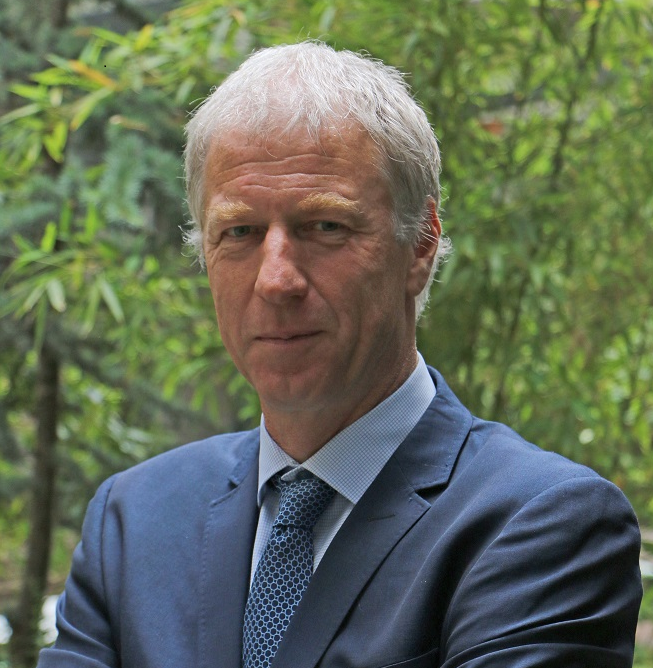
Focus on the human dimension and the social dimension, because that is where you can mobilise support from people.
Programme

Key figures
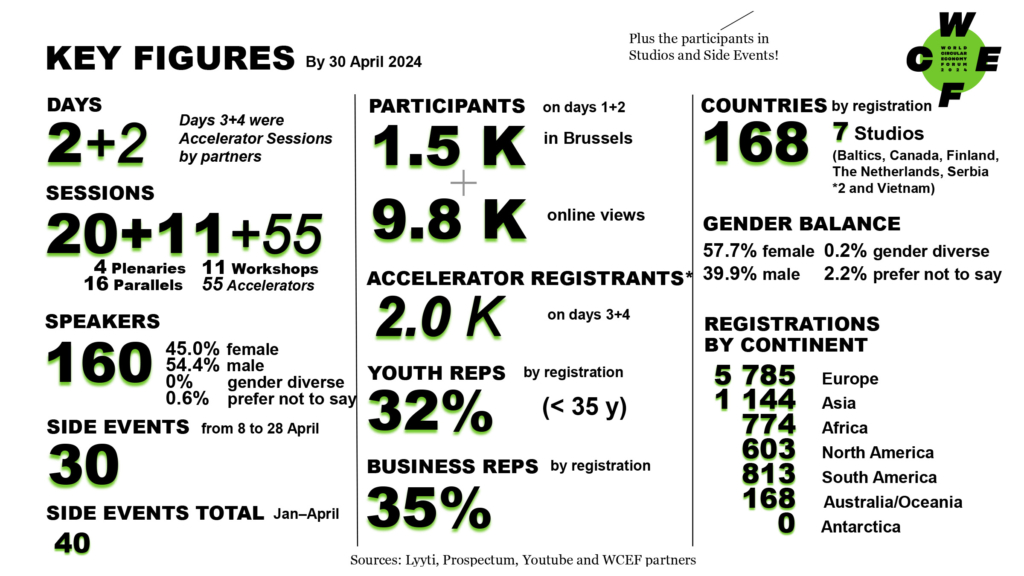
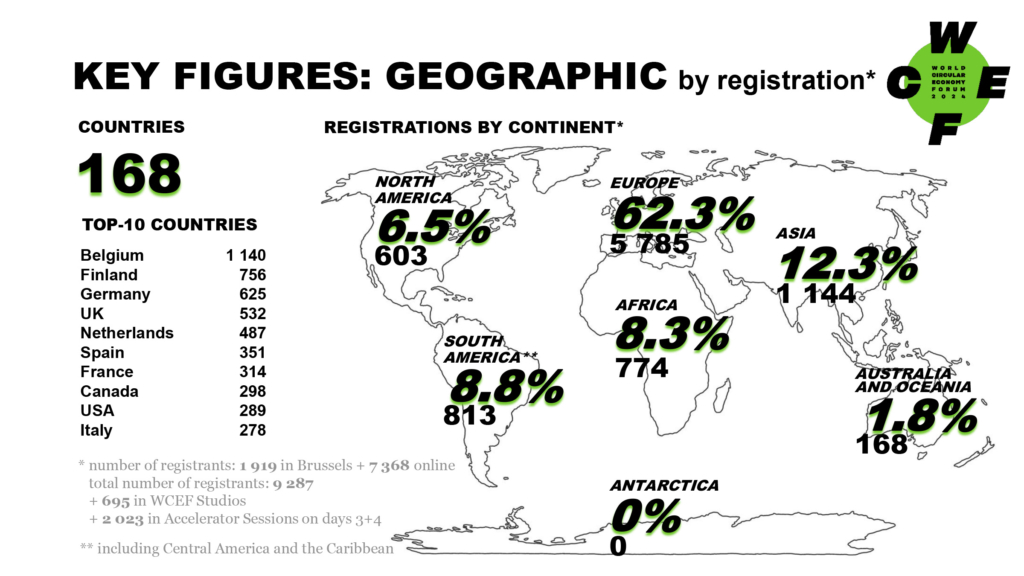
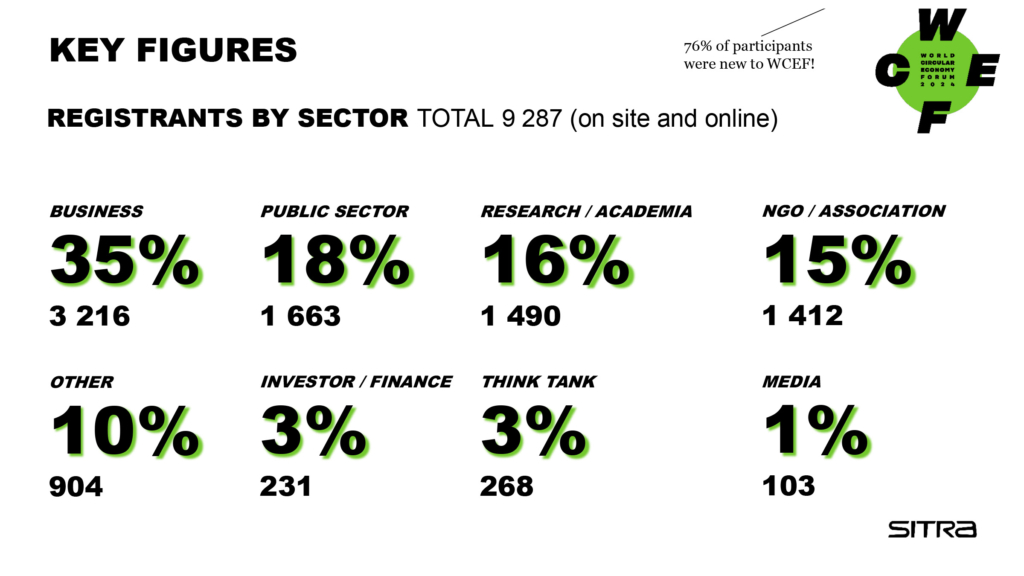
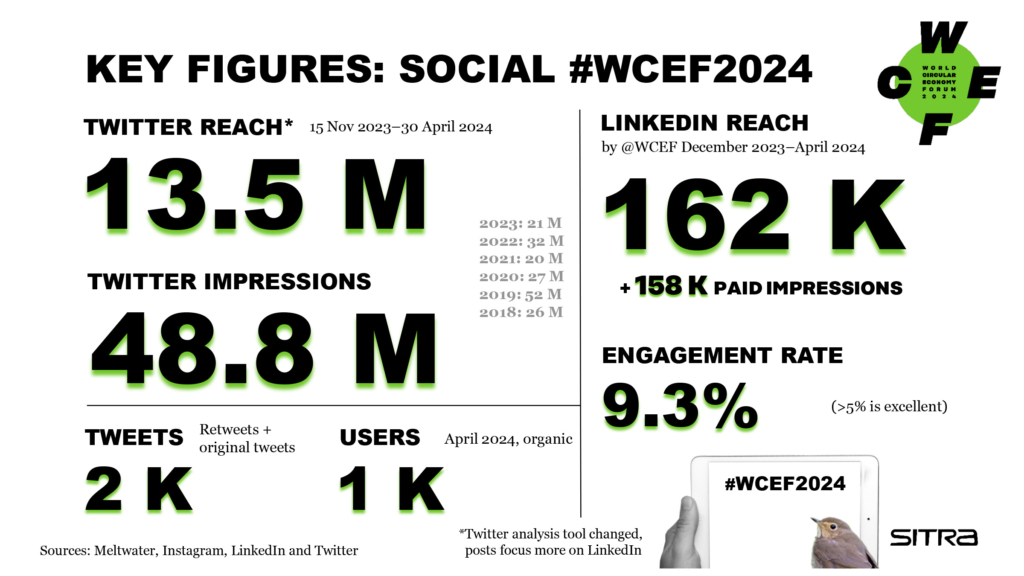
Organisers
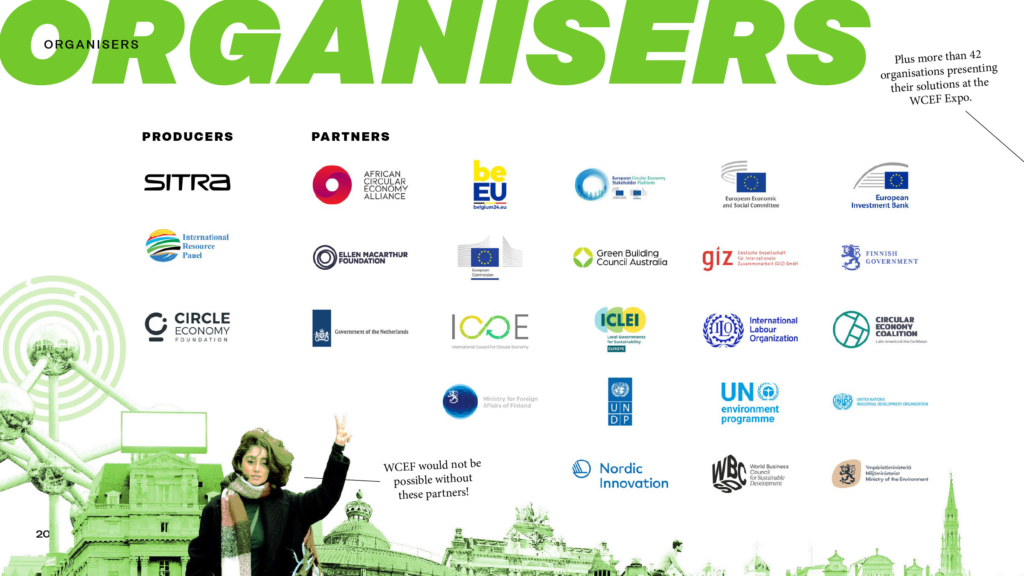
Timeline
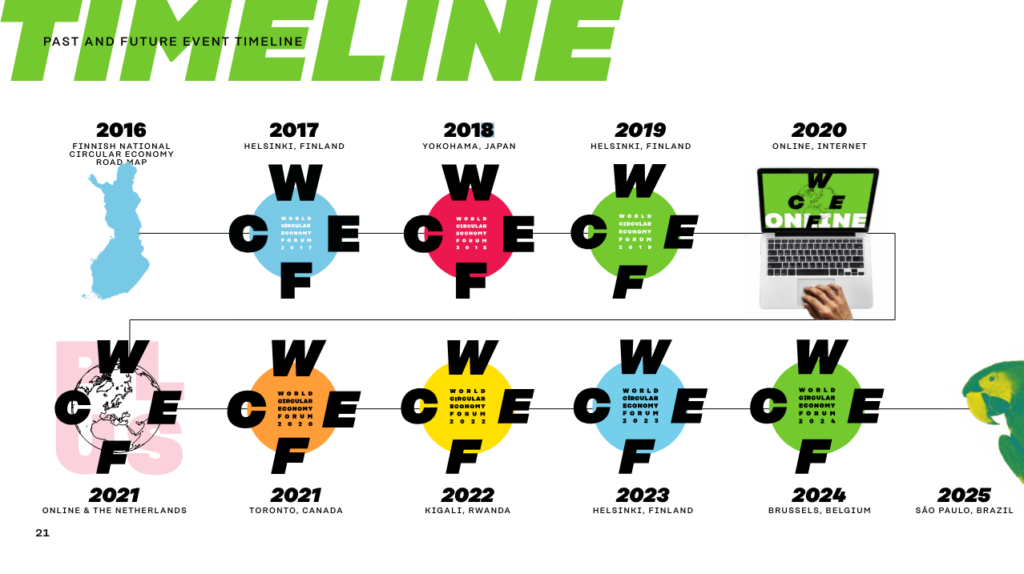
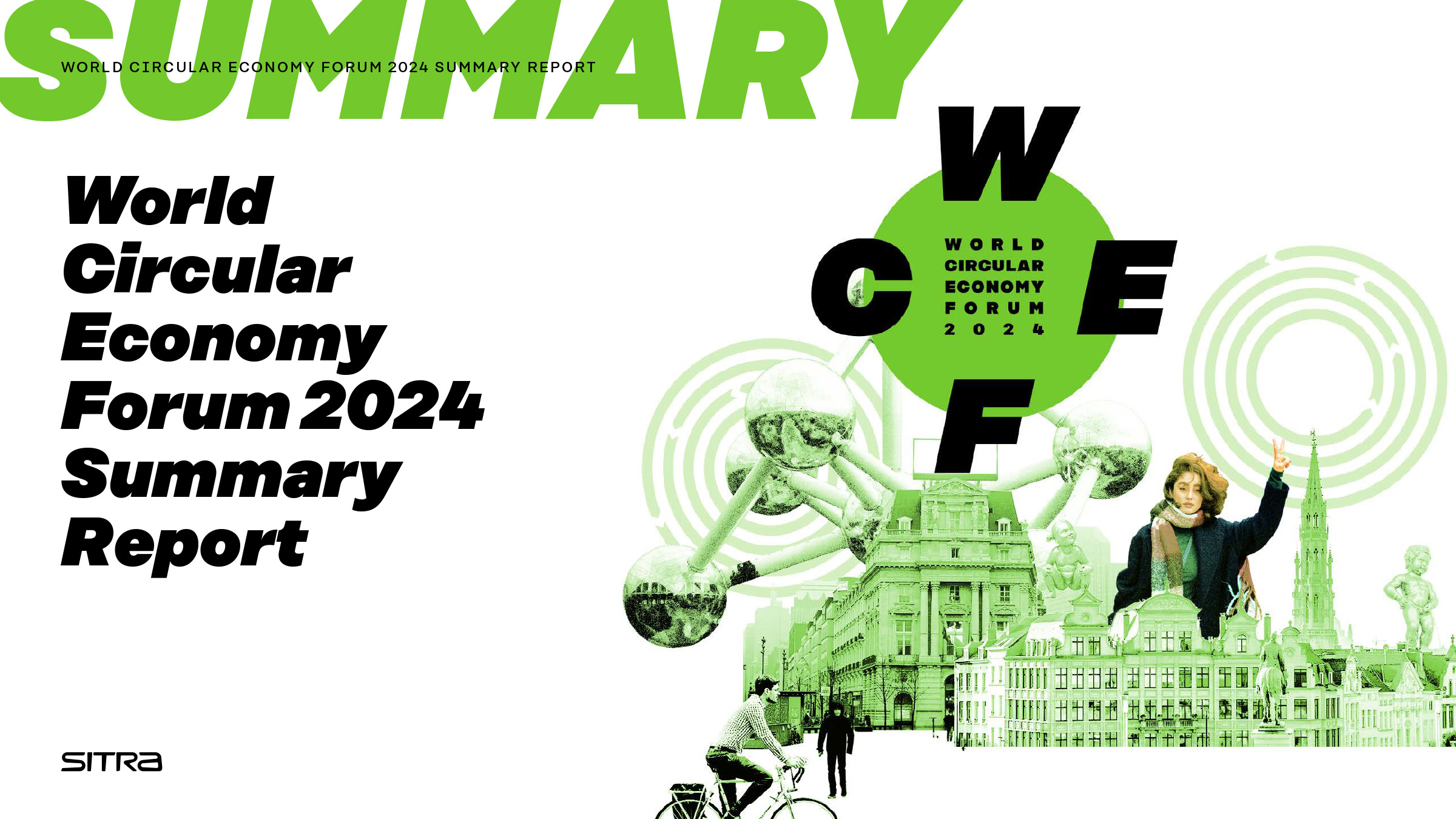
















Recommended
Have some more.